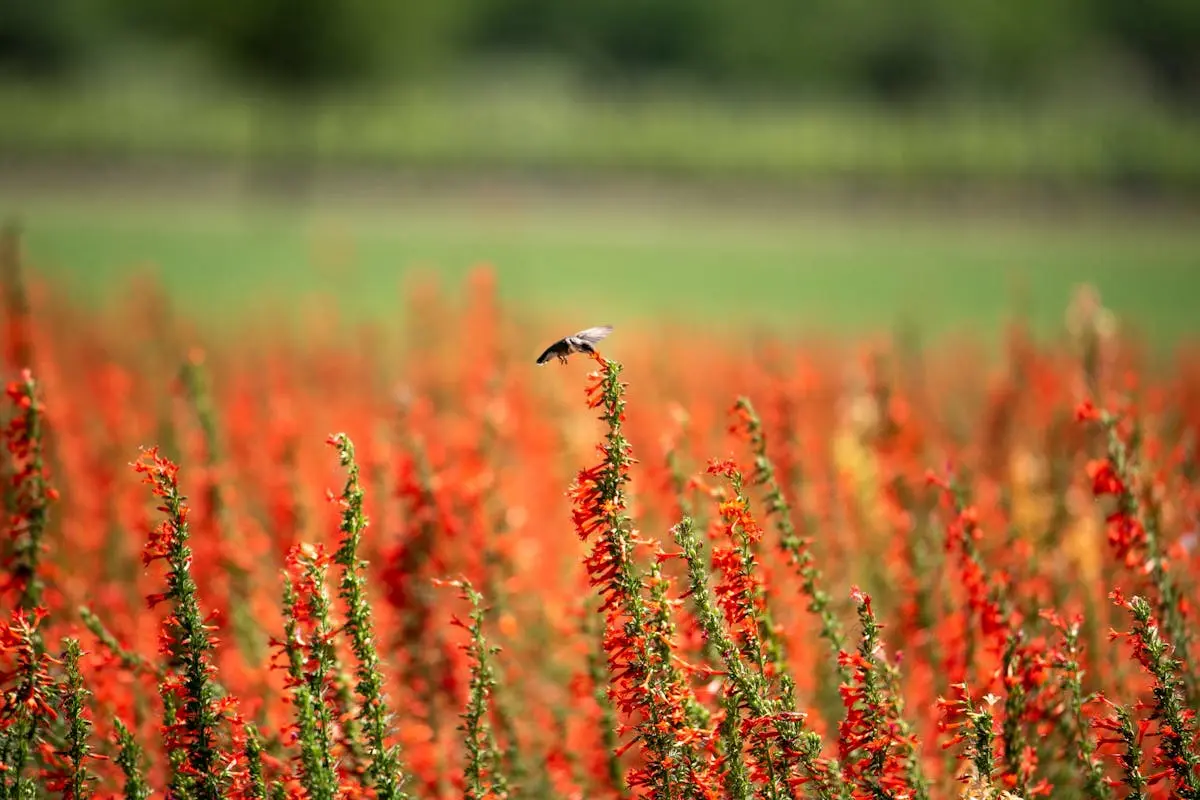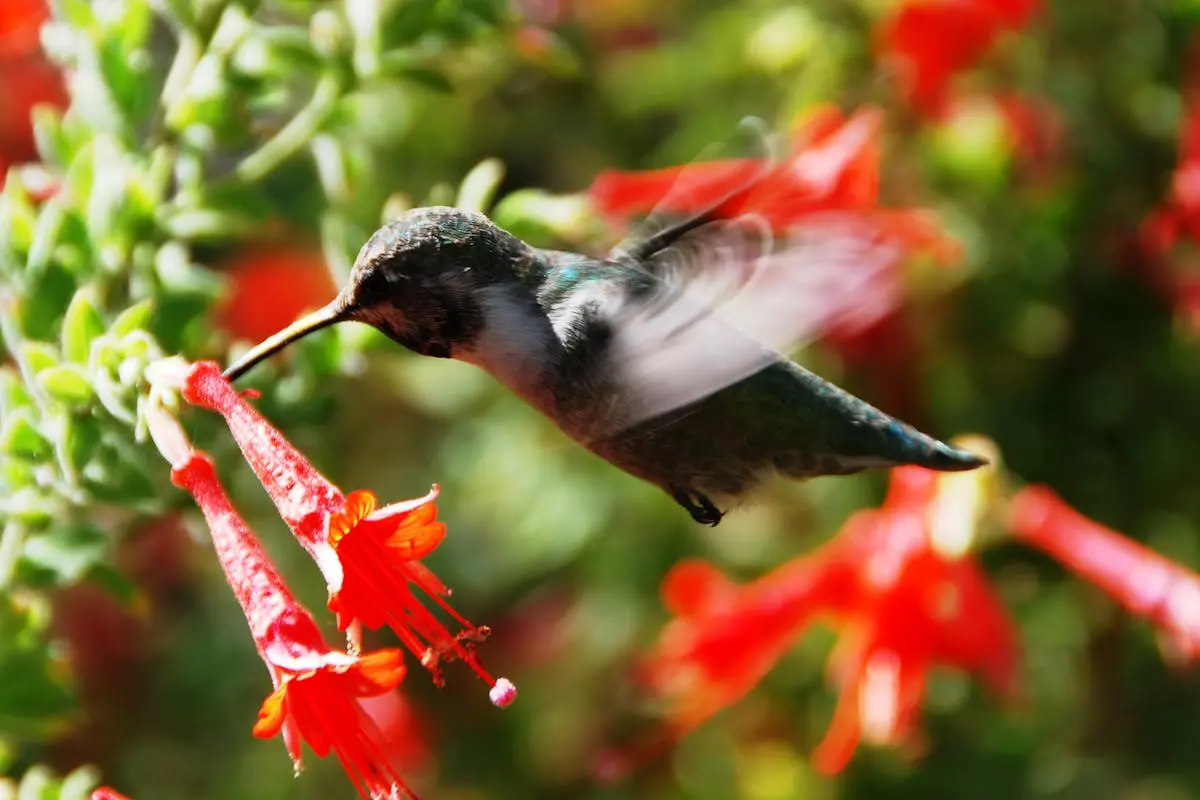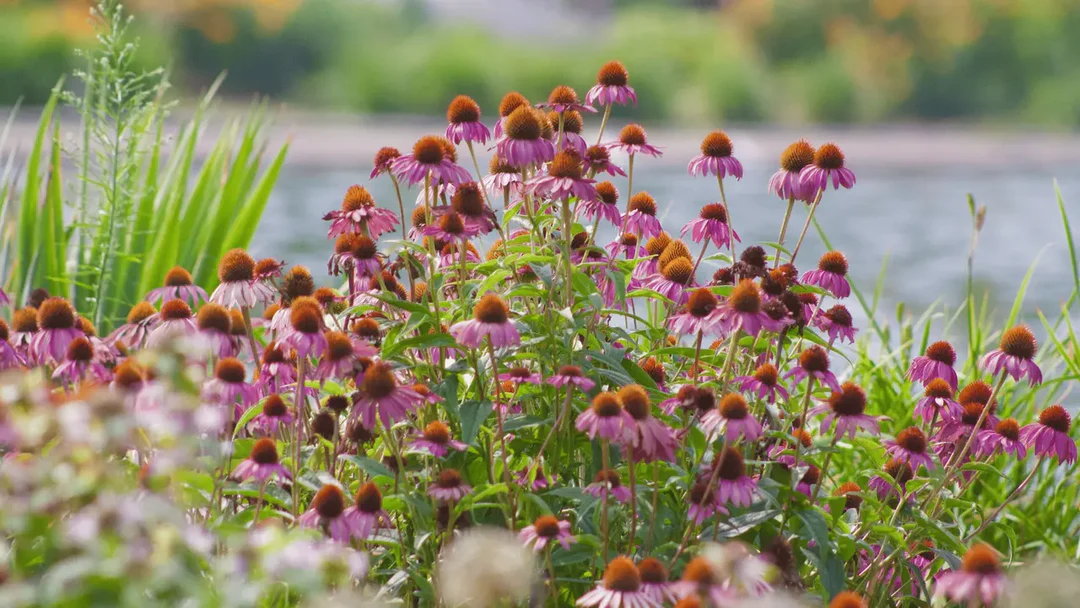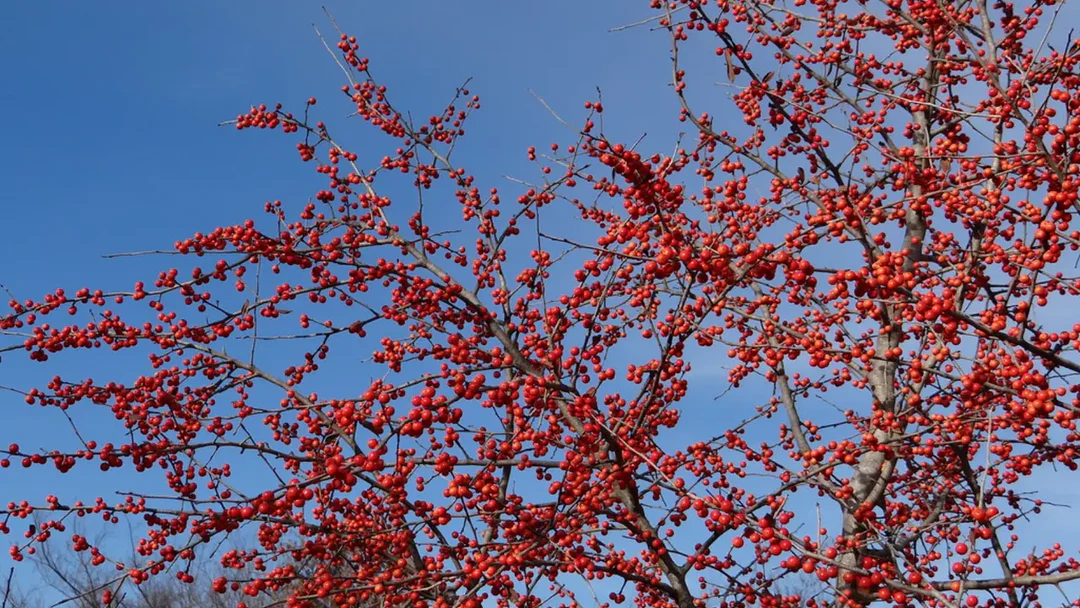Creating a Haven: Ecological Gardening Tips for Your Backyard

Transforming your backyard into an ecological haven benefits your local environment and can be immensely satisfying. You can positively impact biodiversity and create a peaceful retreat with a few simple changes and mindful gardening practices. Let’s share practical ecological gardening tips anyone can implement.
Understanding Ecological Gardening
Ecological gardening is about working with nature rather than against it. This approach emphasizes sustainability, biodiversity, and minimizing environmental impact. By building healthy soil, conserving water, and supporting local wildlife, you’ll create a vibrant garden ecosystem.
One essential strategy is to adopt zero-waste gardening. By reducing, reusing, and recycling materials, you not only minimize waste but also enhance the natural beauty and health of your garden. Consider using compost to recycle plant debris and kitchen scraps into valuable nutrients for your soil. This transforms waste into resources, nourishing your plants and conserving energy spent on fertilizers.
As you embark on the journey of ecological gardening, it is crucial to understand that each small step can make a significant impact. By integrating diverse plant species and creating habitats for various creatures, you help promote biodiversity. This approach encourages a complex web of relationships between organisms, leading to a resilient and sustainable garden.
Starting with Soil Health
Healthy soil is the foundation of any thriving garden. Instead of chemical fertilizers, use organic compost to enrich your soil. This boosts nutrient levels and improves soil structure, which supports plant health and improves water retention.
An interesting technique is sheet mulching soil naturally without synthetic inputs.
Additionally, consider introducing beneficial microorganisms and fungi into your garden. These organisms form symbiotic relationships with plants, aiding nutrient uptake and disease resistance. Techniques like compost tea applications can boost microbial life in your garden, further enhancing soil health.
Choosing the Right Plants
Select native plants adapted to your local environment, as they require less water and care. Incorporating a mix of perennials, annuals, and shrubs can attract a diverse range of beneficial insects and wildlife to your garden.
For those interested in plant combinations companion planting is an excellent strategy for those interested in plant combinations
Water Conservation Techniques
Implement water-saving strategies like mulching, which reduces evaporation, and use rain barrels to collect rainwater to water your garden. These practices not only conserve water but also lower your utility bills.
Embracing xeriscaping can further support water conservation efforts. This landscaping approach is efficient in arid regions, utilizing drought-tolerant plants and efficient irrigation techniques. Over time, xeriscaping reduces your garden’s dependency on external water sources, nurturing a resilient landscape suited to changing climate patterns.
Creating Habitats for Wildlife
Encourage biodiversity by creating various habitats, such as birdhouses, bee hotels, and ponds. Providing shelter and resources for multiple animals will help maintain ecological balance in your garden.
Birds are natural pest controllers and can be attracted to your garden by installing bird feeders and nesting boxes. Not only do birds add life and color to your garden, but their presence also helps maintain the delicate balance in your garden’s ecosystem.
Embracing Natural Pest Control
To naturally manage pest populations, use companion planting and introduce beneficial insects like ladybugs. Avoiding pesticides protects the immediate garden life and the broader ecosystem.
Moreover, practicing organic pest control is pivotal to maintaining a genuinely natural garden. By using garlic sprays or installing physical barriers, you can effectively manage pest populations without resorting to harsh chemicals that may disrupt local biodiversity. Maintaining a biodiverse environment encourages predator species that naturally keep pest numbers in check, leading to a healthier garden with minimal human intervention.
Embrace Natures Cycle
Incorporating these ecological gardening practices into your backyard can create a healthier environment and a harmonious space for you and local wildlife to enjoy. Embrace nature, and watch as your garden becomes a thriving ecological haven. Remember, every small effort counts towards a sustainable future.









Leave a comment